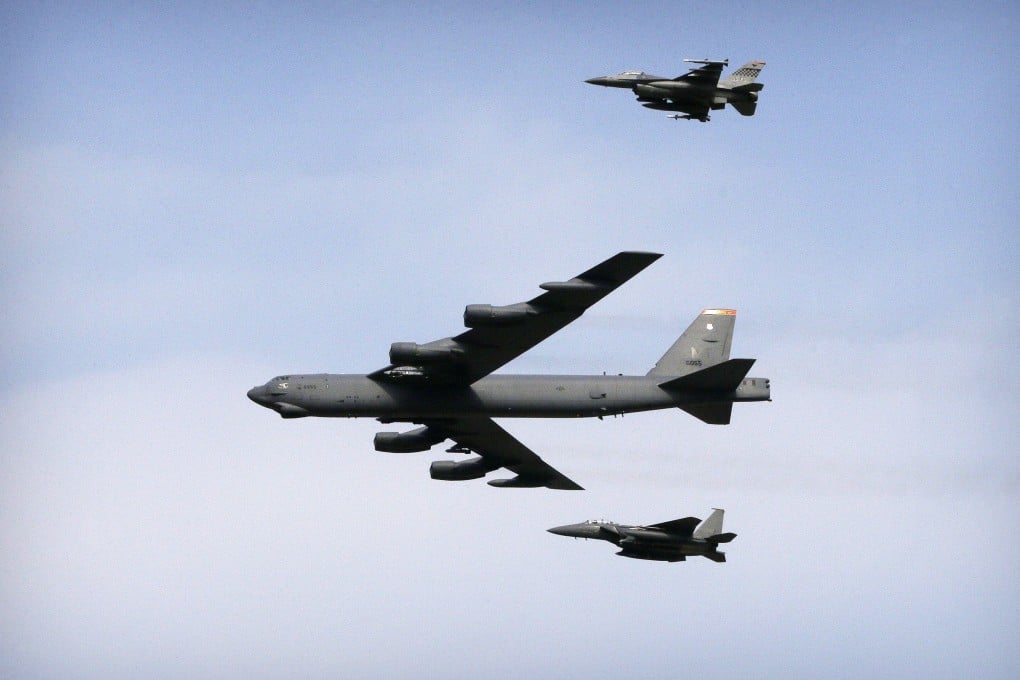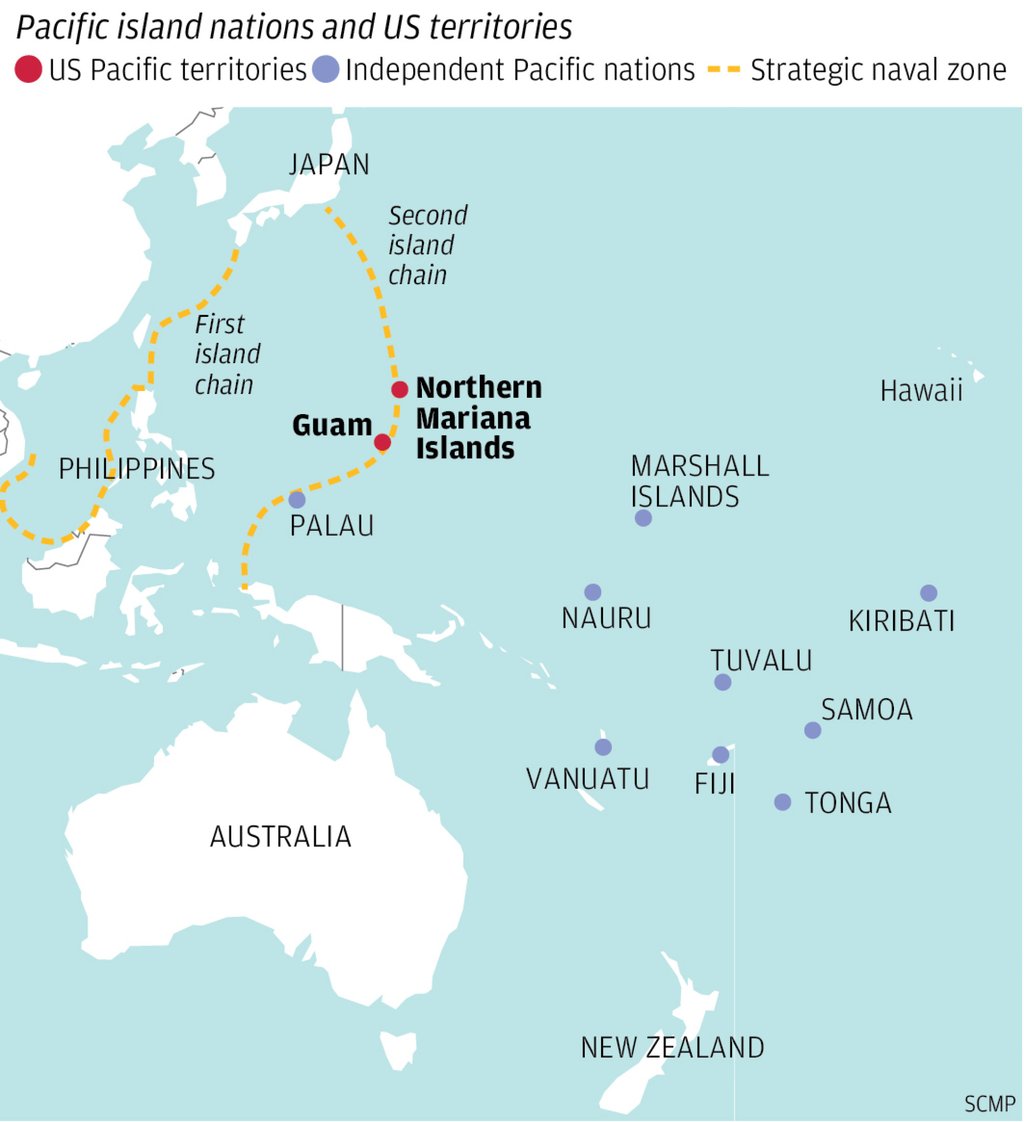Advertisement
Opinion | In hosting US B-52 bombers, Australia risks making itself a target for China
- Such misguided bravado will hurt Australia’s economy, which is heavily dependent on China, and increase the size of the target on Canberra’s back in the event of war
Reading Time:3 minutes
Why you can trust SCMP
12

Plans by the US to station up to six B-52 bombers in Northern Australia are part of a broader strategy to incorporate elements of its Aukus alliance and the Quadrilateral Security Dialogue in a multilayered military doctrine designed to contain China and assert US dominance in the South China Sea and Pacific.
The bombers are a part of a broader A$1 billion (US$646 million) upgrade of defence facilities, which includes funding to expand both the US-Australian spy base at Pine Gap and the Tindal air force base, where a parking area for the aircraft is expected to be completed by 2026.
The time frame for the completion of this expansion is of particular interest as Western analysts see 2026/2027 as when Beijing could launch a military takeover of Taiwan to fulfil its reunification goal.
Advertisement
Defence analysts in Canberra have taken a tiered approach to establishing Australia’s role in securing US interests in the region, which has slowly evolved since the US pivot to Asia in 2011. US and Australian experts inherently believe Taiwan stands between Beijing and its ability to control the South China Sea and project power deep into the Pacific.
To do so, the People’s Liberation Army (PLA) would have to neutralise US bases in the first island chain of defence, such as Okinawa, an important logistics staging point in both the Vietnam and Korean wars. The Chinese military’s next target would then be the second island chain, including Guam, which provides critical theatre operations and logistical support for US forces in the region.
Advertisement
In any conflict with China, Guam will be the most forward-operating Pacific station and vital for staging, refuelling, repairing and rearming aircraft, making it a significant target for the PLA, which has been practising bombing runs on the archipelago, according to the US.

Advertisement
Select Voice
Choose your listening speed
Get through articles 2x faster
1.25x
250 WPM
Slow
Average
Fast
1.25x
